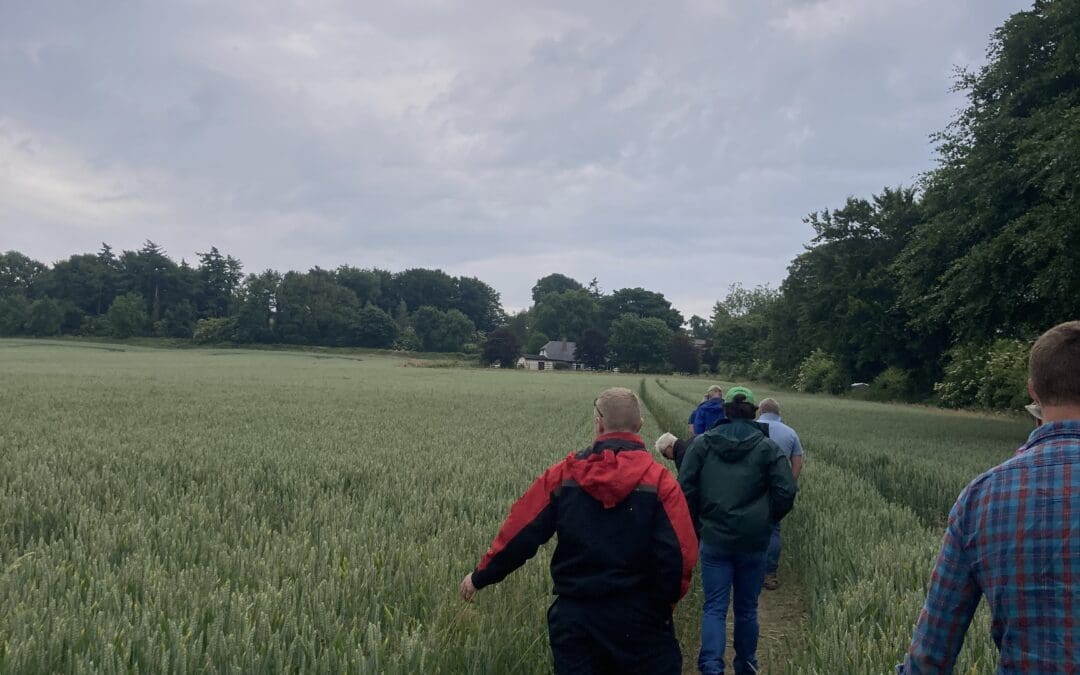Farmer-led biological transition programme for replication of biological farming systems
Biological farming is a holistic farming system that relies on natural processes rather than synthetic inputs to produce food. Biological farming practices have been shown to address challenges facing the agricultural sector, particularly when it comes to reducing the impact which chemical and artificial inputs (NPK) have on natural biological processes, soil health, water quality, biodiversity and can reduce inputs and costs on the farmer.
One of the objectives of the DANÚ farming group was to develop guidelines for successful transitions to biological farming based on a sound understanding of soil structure, chemistry, biology and plant nutrition to provide a practical roadmap which can be adopted by any interested farmers seeking to transition to biological farming. The project developed a comprehensive transition programme to biological farming, outlining the steps involved in converting from a conventional to a biological farming system, including soil management practices, crop and pasture management practices, and pest and disease control strategies.
The transition plan is based on the latest research and best practices in biological farming, with the trials, results and learnings of the DANÚ farming group which were conducted in an Irish context allowing the latest research in this transition programme to be tailored to the specific needs of Irish farmers. This biological farming transition programme provides clear and detailed instructions for each step of the transition process, with step-by-step guidance on recommendations relating to soil health, soil fertility, pest control, farm productivity, nutrition and biological controls which are in line with biological farming practices.
It also includes case studies of successful transitions to biological farming on Irish farms, demonstrating the practical application of the recommendations, while allowing for flexibility in the timing and implementation of the transition steps, as it recognizes that each farm has its own unique circumstances.
The DANÚ project showed how biological farming can result in minimally reduced yields for the horticulture sector while improving margins through significantly reducing chemical inputs and costs, and so can benefit farm profitability, biological processes and the environment.
Upon completion of their project in December 2023, DANÚ farming group held free open day events onsite the farms of participating farmers who have trialled and adopted the biological farming practices, in order to share learnings and demonstrate the results of transitioning to biological farming to any interested farmer.
Find out more about this innovation by contacting Leo at leo@erinn.eu. For more innovations like this, visit our Innovation Hub.





